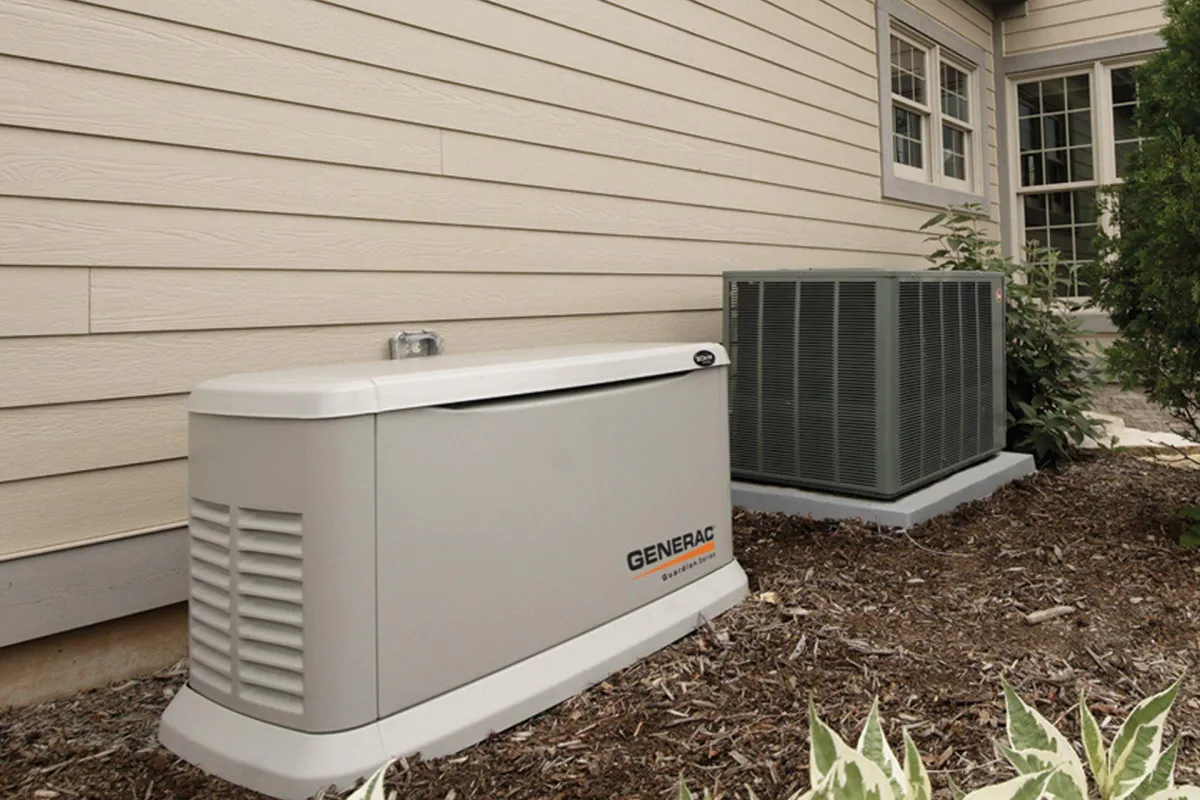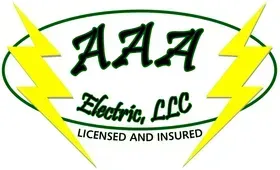Generator Installation in Fishersville, VA
Is Your Home or Business Prepared for a Power Outage?
Unexpected outages can disrupt your comfort, safety, and productivity. Installing a standby generator ensures uninterrupted power for essential systems like HVAC, refrigeration, and security. Whether you manage a household or run a business, professional generator installation provides seamless backup during storms or grid failures. Our licensed electricians deliver code-compliant, fuel-efficient solutions tailored to your specific property and energy demands.

When to Install a Standby Generator—and What to Expect
Knowing when to install a standby generator can help prevent costly downtime and damage.
Here’s what to consider and expect during the process:
Frequent outages suggest it's time for a permanent backup power solution
New construction offers ideal timing for integrated generator installation
Home medical equipment requires constant, uninterrupted electrical supply
Severe weather forecasts highlight the risk of future power failures
Installation begins with an on-site evaluation and power needs assessment
Permits, fuel source planning, and code compliance come before installation
Final testing ensures your system activates automatically when power is lost
Full-Service Generator Installation: Site Prep to Startup

Step 1: On-Site Evaluation and Load Assessment
We assess your property, calculate your power needs, and recommend a generator size and fuel type that fits your home or business.

Step 2: Permit Handling and Code Compliance
We obtain all necessary local permits and ensure the installation plan follows current electrical and safety codes.

Step 3: Generator and Transfer Switch Selection
Based on your usage requirements, we help you choose the right standby generator and matching automatic transfer switch.

Step 4: Site Preparation and Foundation Setup
Our team prepares a stable, level surface for the generator, ensuring proper clearance, drainage, and code-mandated positioning.

Step 5: Electrical and Fuel Line Installation
We handle all wiring, panel connections, and fuel line hookups, whether propane, natural gas, or diesel, using licensed technicians.

Step 6: System Testing and Configuration
Once installed, we test the entire system for proper load handling, automatic transfer, and safe startup under simulated outage conditions.

Step 7: Client Orientation and Final Inspection
We walk you through operation basics, maintenance tips, and safety features before scheduling a final inspection for approval.
Frequently Asked Questions
What size generator do I need for my home or business?
Generator size depends on the total wattage of the systems and appliances you want to power. A professional load assessment ensures the unit can support essential equipment without overload.
Can a standby generator be installed anywhere on my property?
No, local codes require safe distances from doors, windows, and fuel sources. The location must also be level, well-drained, and accessible for maintenance.
What kind of fuel options are available for standby generators?
Most standby generators run on natural gas, propane, or diesel. The best choice depends on availability, fuel storage, and usage duration during an outage.
Do I need a transfer switch for generator installation?
Yes, an automatic transfer switch is essential. It detects power loss and safely switches your home or business to generator power without manual intervention.
Is an electrical panel upgrade required before installation?
It depends on your current system. If your panel can't accommodate the generator’s transfer switch or load, an upgrade may be necessary to meet code and safety standards.
CONTACT US
Schedule Professional Generator Installation in Fishersville, VA
Get expert installation for your standby generator with code-compliant, from licensed electricians. Ensure your home or business stays powered—reliably and safely.
Our Services
Helpful Links
Contact Information
2016 Jefferson Hwy Fishersville, VA 22939
Business Hours
Mon - Fri: 9:00 am - 5:00 pm
Sat - Sun: Closed
© 2025 All Rights Reserved | AAA Electric
